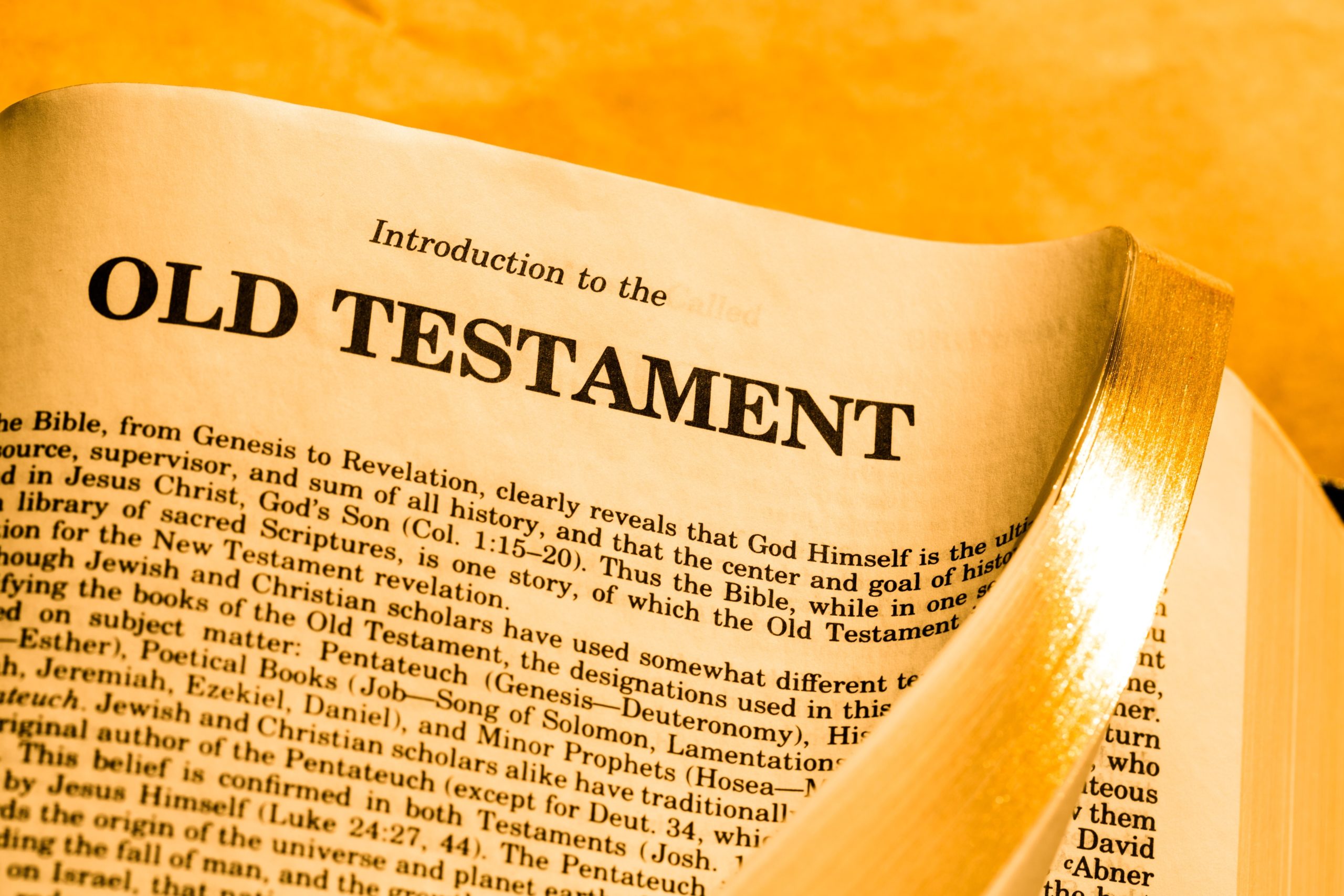Who was Melchizedek?

Melchizedek is mentioned in only three books of the Bible (Genesis, Psalm 110:4, and Hebrews). The only historical account of Melchizedek is found in Genesis 14:9-20 where Abram (later known as Abraham), rescued the inhabitants of Sodom, including his nephew Lot, who were taken captive by the king of Elam. Upon his return, Abram is met by Melchizedek, king of Salem (Jerusalem) and “priest of the Most High God.” Melchizedek welcomed the returning army with a refreshment of bread and wine. Abram in turn, reciprocated by giving Melchizedek one-tenth of all the spoils of victory. (Also see Hebrews 7:1-10.)
Melchizedek is not so much a name as it is a title or designation of honor. It is a position or office that has to be filled by a worthy candidate. The term is a transliteration of two Hebrew words, melek and tesedeq. The Hebrew melek means king and tsedeq means righteousness. Therefore, the term “melchizedek” literally means “king of righteousness.”
He was also known as “priest of God Most High” – at a time prior to the Levitical priesthood, which would be established by God many years future during the time of Moses, with Aaron, Moses’ brother, appointed as the first High Priest. The Aaronic priesthood was based in the Law Covenant, which was in operation until the coming of Messiah (Jesus). This covenant was enacted in order to prepare the Jewish nation for Christ (Galatians 3:23-25). However, the Aaronic priesthood could never permanently rid the nation of sin. “It is impossible for the blood of bulls and goats to take away sins.” (Hebrews 10:4) A greater priesthood as pictured by Melchizedek would be needed.
Melchizedek is one of the most enigmatic people of the Bible, not only because of his distinctive position as king and high priest, but also because of other profound statements about him, such as
“He is without father or mother or genealogy, and has neither beginning of days nor end of life, but resembling the son of God he continues a priest forever.” (Hebrews 7:3)
We believe that “without father or mother or genealogy” means that Melchizedek did not inherit his priesthood from his parents and that he had no children. No record was made as to when his priesthood began, nor was there any provision made for a successor. “Has neither beginning of days nor end of life” we believe means that the priesthood had no beginning and no ending.
In Psalm 110:4, David says prophetically, “The LORD hath sworn, and will not repent, Thou art a priest for ever after the order of Melchizedek.”
Who is the priest forever after the order of Melchizedek? We believe he is Jesus (the Messiah) as Head of the completed heavenly Body of Christ, composed of his faithful followers.
Because Melchizedek was without beginning or end of years with respect to his office, he typified not only Christ, but also the work that The Christ (Head and Body) will do during the future Messianic kingdom on earth to restore fallen man back to his original condition of perfection prior to Adam’s fall. “But because Jesus lives forever, he has a permanent priesthood. Therefore, he is able to save completely those who come to God through him, because he always lives to intercede for them.” (Hebrews 7:24-25)
What was the purpose for which God used Melchizedek and what can we learn from him? God used Melchizedek who was both a priest and king as a type of Christ and his triumphant Church who will act as priests and kings in the future Messianic kingdom on earth. Because of God’s sworn oath (Psalm 110:4) Jesus has become a guarantee of a better covenant for the world of mankind. (See Hebrews 7:15-28)






